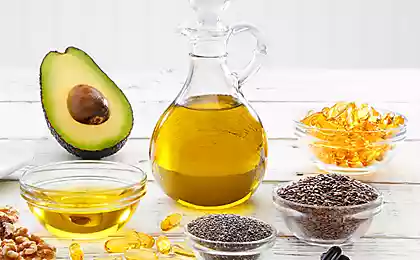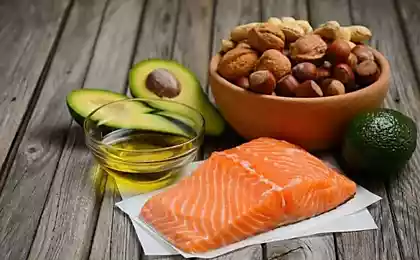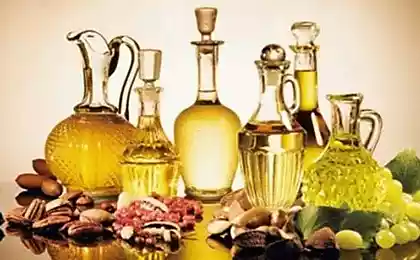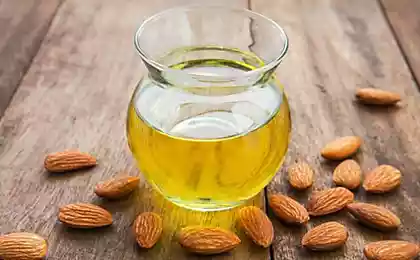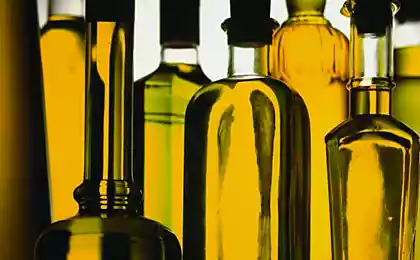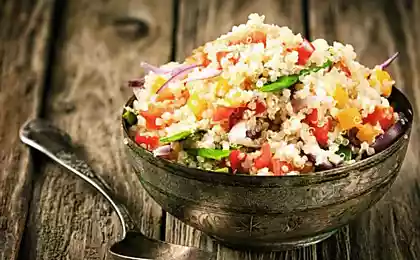364
Perfect oil for frying! Promotes weight loss, on the sides is not postponed, on the contrary...
For most people, the answer to the question is, What is the best oil to fry?It's very simple, plant-based. However, not all oil is suitable for frying. And not everything for all kinds of frying.
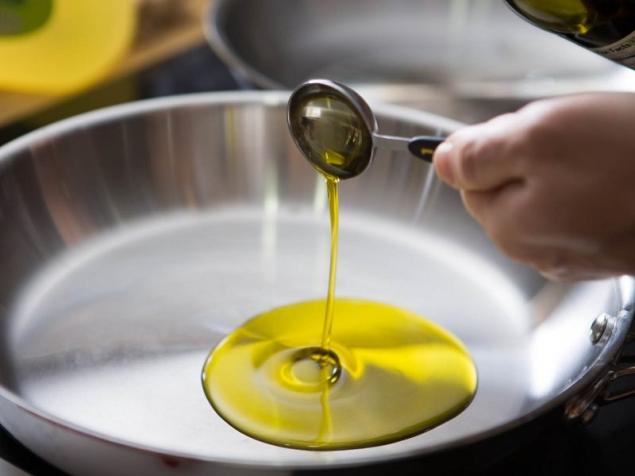
Studies show that sunflower, corn and other vegetable oils break down easily into toxic aldehydes when heated, which is associated with an increased risk of cancer, among other things.
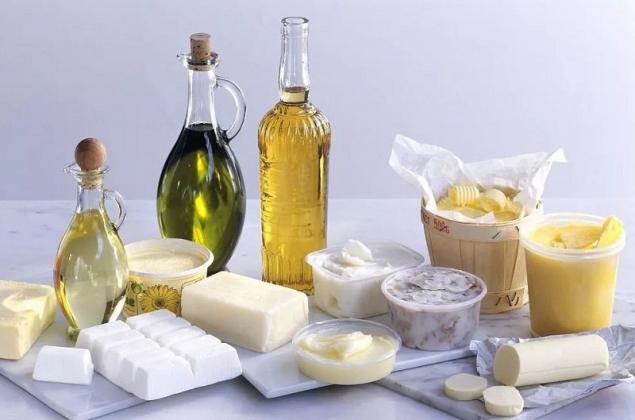
Another important factor is that in most vegetable oils, the high content of omega-6 fatty acids, namely the ratio of omega-3 to omega-6 fats, plays a huge role in the development of many diseases.
Frying oil (frying) is the heat treatment of products using heated fat, but without adding water or other liquid containing water. To form a delicious golden crust, a temperature of about 180 degrees is necessary.
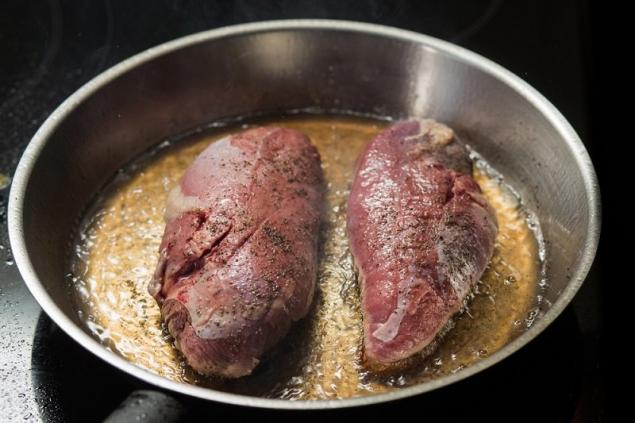
The main property that matters when choosing an oil for frying is how easily it oxidizes or rancidizes when heated. Oxidizing, the oil turns into a harmful product for health. Therefore, the lower the oxidation temperature, the less oil is suitable for frying.
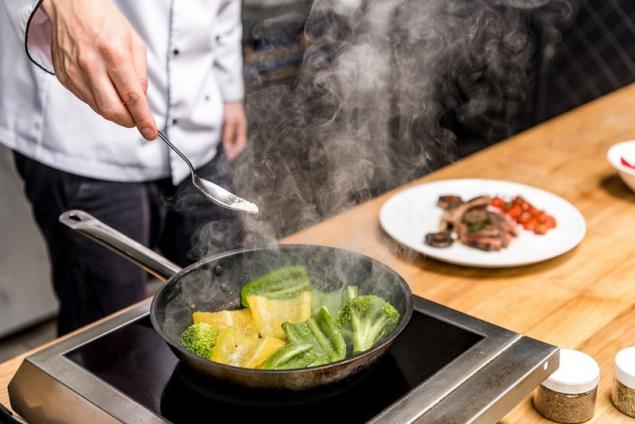
The oxidation temperature, in turn, depends on how saturated the oil is. The temperature of active oxidation of oil is also called the smoking point - it is at this temperature that oxidized volatile substances become visible to the naked eye.
Accordingly, the higher the smoking point, the better the oil is suitable for frying. This temperature should be taken into account when you cook, and choose an oil that does not start to smoke at the desired temperature.
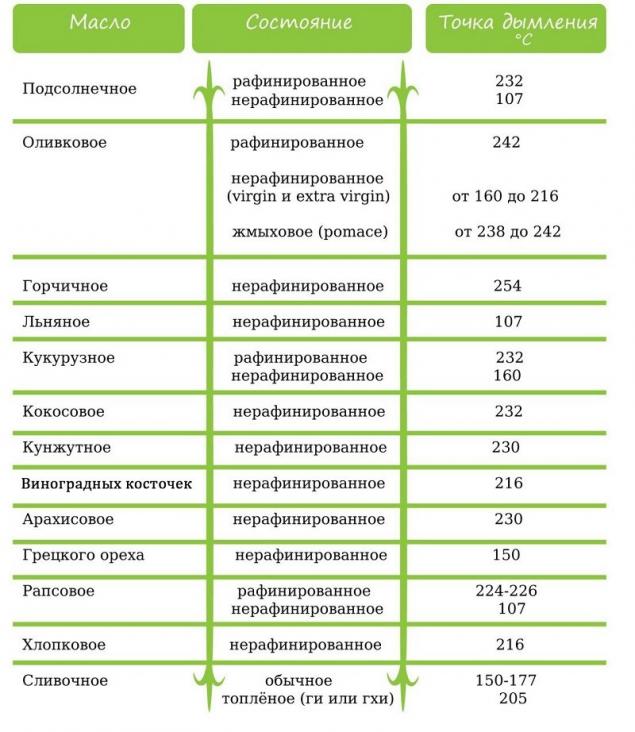
For example, if you fry vegetables, fish or omelet, for which a small fire is enough, then even oil with a low smoking point is suitable, and for meat and poultry it is better to choose an oil with a maximum smoking point.
Types of frying oil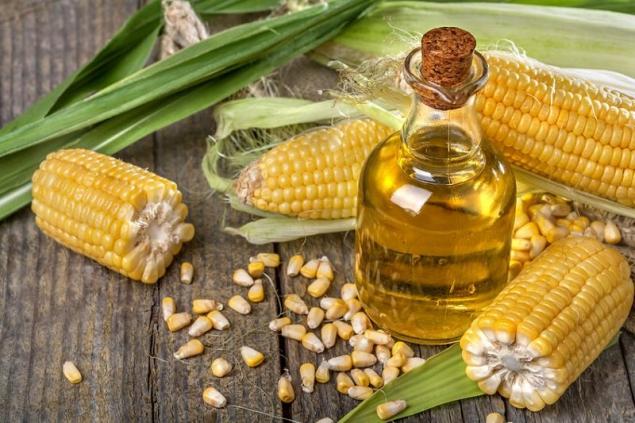
Worst oils. for cooking are sunflower and corn, containing a lot of omega-6 fatty acids.
The best oils. For frying are olive and coconut (including refined versions of these oils), as well as ghee butter.
The news about the health risks associated with heating vegetable oils does not seem to have reached Russian science and media. At least, the Institute of Nutrition and the First Channel recommend using sunflower oil for frying.
In the structure of vegetable oil consumption by Russians, sunflower oil dominates and occupies 69.1% of the market, and in the structure of production its share is even higher - 82.9%.
It is unlikely to be expected in the near future a serious information campaign aimed at explaining the harm of vegetable oils, especially given the economic crisis that makes all alternative products too expensive for most Russians.
Saturated and monounsaturated fatty acids are quite resistant to heat. But oils with a high content of polyunsaturated fats should be avoided when frying!
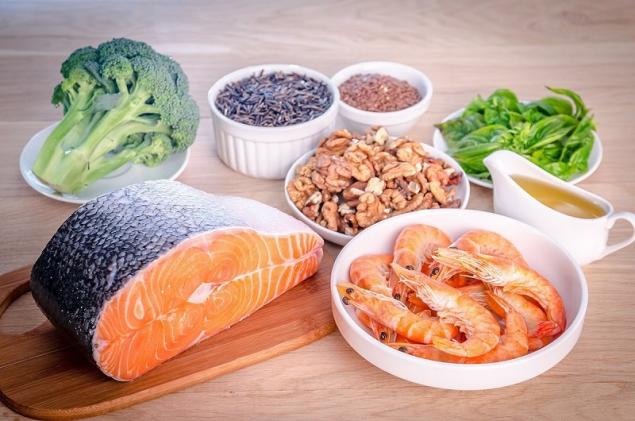
This powerful oil will rid the body of parasites and cholesterol, strengthen the immune system. Read our article on the benefits of black cumin oil. About its healing properties said Avicenna, Hippocrates and even the prophet Mohammed!
Not me useful for the body flaxseed oil. Editorial "Site" He will tell you what its use is and for what purposes it is worth using this miraculous oil that preserves beauty and health.

Studies show that sunflower, corn and other vegetable oils break down easily into toxic aldehydes when heated, which is associated with an increased risk of cancer, among other things.

Another important factor is that in most vegetable oils, the high content of omega-6 fatty acids, namely the ratio of omega-3 to omega-6 fats, plays a huge role in the development of many diseases.
Frying oil (frying) is the heat treatment of products using heated fat, but without adding water or other liquid containing water. To form a delicious golden crust, a temperature of about 180 degrees is necessary.

The main property that matters when choosing an oil for frying is how easily it oxidizes or rancidizes when heated. Oxidizing, the oil turns into a harmful product for health. Therefore, the lower the oxidation temperature, the less oil is suitable for frying.

The oxidation temperature, in turn, depends on how saturated the oil is. The temperature of active oxidation of oil is also called the smoking point - it is at this temperature that oxidized volatile substances become visible to the naked eye.
Accordingly, the higher the smoking point, the better the oil is suitable for frying. This temperature should be taken into account when you cook, and choose an oil that does not start to smoke at the desired temperature.

For example, if you fry vegetables, fish or omelet, for which a small fire is enough, then even oil with a low smoking point is suitable, and for meat and poultry it is better to choose an oil with a maximum smoking point.
Types of frying oil
- Olive oil
An alternative to harmful sunflower oil is often olive oil. This oil mainly consists of monounsaturated fatty acids omega-9, neutral for the health of the body. Professor Grootveld from De Montforth University in Leicester, UK, believes that olive oil is an ideal “compromise” oil for cooking.
It contains about 76% monounsaturated fats, 14% saturated fats and only 10% polyunsaturated fats, which are less resistant to oxidation.
It is important to know that for everyday frying is not expensive. cold-pressed It is more suitable for adding to salads. For cooking, you can use refined olive oil – it is much cheaper and is sold in any supermarket.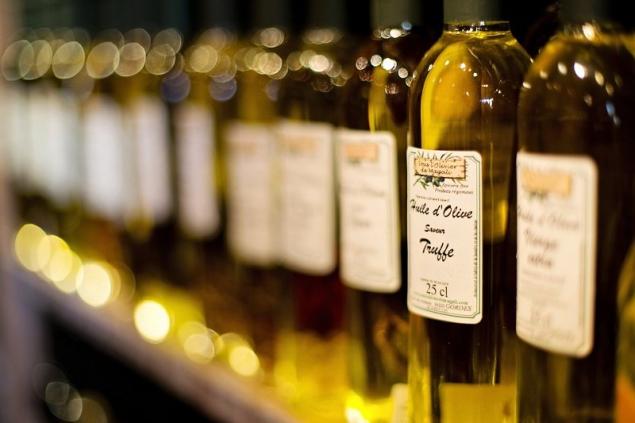
- Palm oil
Palm oil, which recently has a lot of contradictory data, consists mostly of saturated fatty acids, which means that it can withstand temperature treatment with dignity, the smoke point is 230 degrees (that is, it is not inferior to coconut). Best suited so-called red palm oil (unrefined, cold pressed). It contains a lot of vitamin E. The only problem is that palm oil is grown on an industrial scale, so where it comes from and what quality, it is not always possible to find out.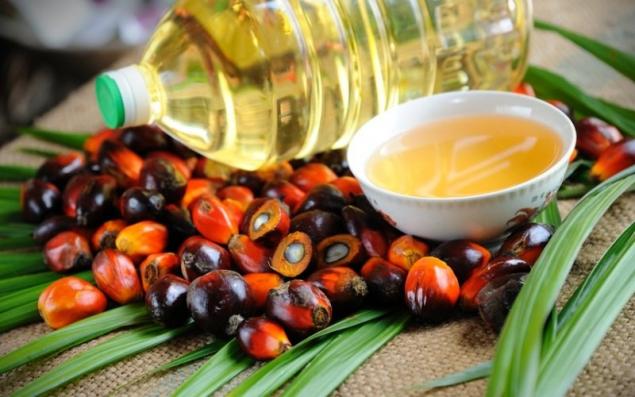
- Butter
So long subjected to the “persecution” of nutritionists, butter wins back its legitimate position, returning to the diet of supporters of healthy eating. Natural butter is very useful for skin, hair, vision, bone and muscle tissue.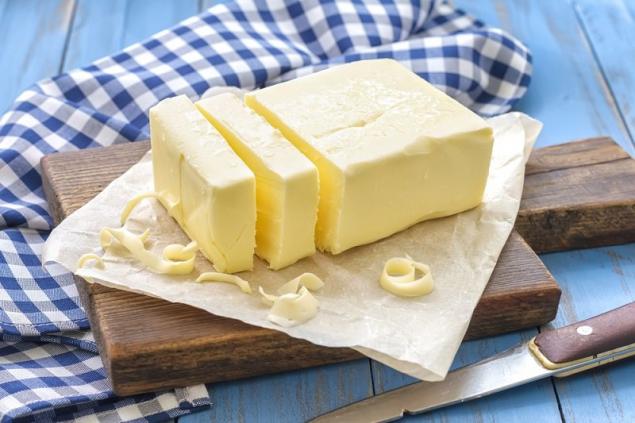
But for frying, it is still not recommended, although the smoke point is 177 degrees. And all because it foams, splashes and quickly blackens during heating.
These disadvantages are devoid of ghee butter (ghee or gi), which is quite affordable to anyone - it can be bought or cooked yourself. Ghee is widely used in India and South Asia.
Unlike conventional butter, which is not suitable for roasting food and burns at a temperature of 150 degrees, ghee oil can be safely heated to high temperatures of 200-250 degrees.
Cooked on ghee oil food acquires a pleasant caramel taste and amber color, and the oil itself contains a large amount of vitamin A and vitamin E.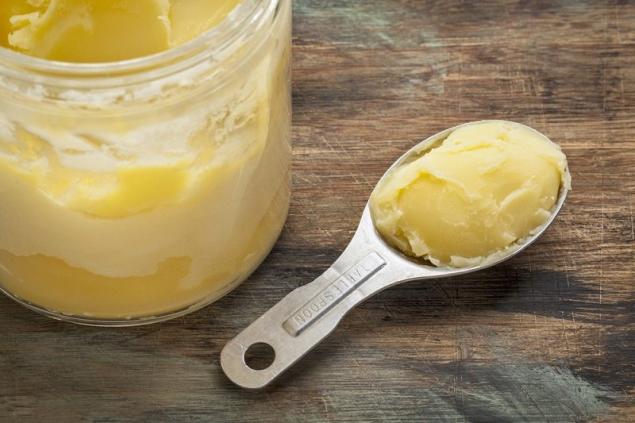
- Sunflower oil
Many believe that corn and sunflower oil is the best option for cooking, as they contain no cholesterol and have almost no smell. However, unfortunately, sunflower oil is one of the most harmful for metabolism and human health. The reason is the high content of omega-6 fats. These fats, unlike omega-3 (fish oil) or omega-9 (olive oil), are only needed in very small amounts. At the same time, any type of sunflower oil (including unrefined) is about 60-80% composed of omega-6.
The ideal ratio of omega-3 to omega-6 in the diet is 1:1 – however, eating food cooked in sunflower oil turns this proportion into a ratio of 1: 10-20. The result is the occurrence of various micro-inflammations in the body and a violation of the processes of cell regeneration.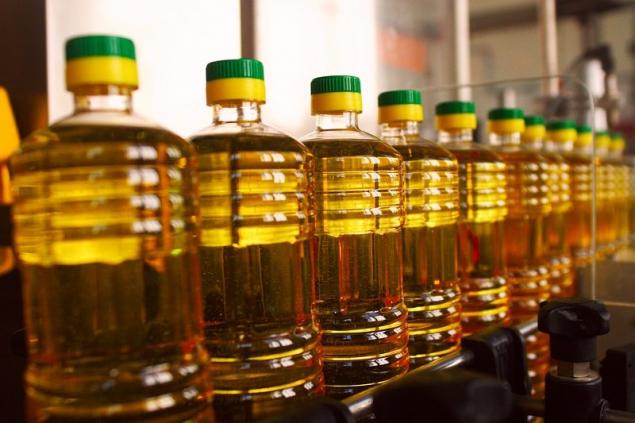
- Coconut oil
It contains more than 90% saturated fatty acids, making it extremely resistant to heat. At room temperature, it is in a semi-solid state and can be stored for years without rancidity. Coconut oil is very beneficial for health. It is rich in fatty lauric acid, which improves the blood lipid profile and kills pathogenic bacteria.
At the same time, fatty acids of coconut oil are mainly used by the body as a source of daily energy and a material for the synthesis of hormones (primarily testosterone). Because of the special composition of coconut oil, the human body is extremely reluctant to transform it into subcutaneous fat.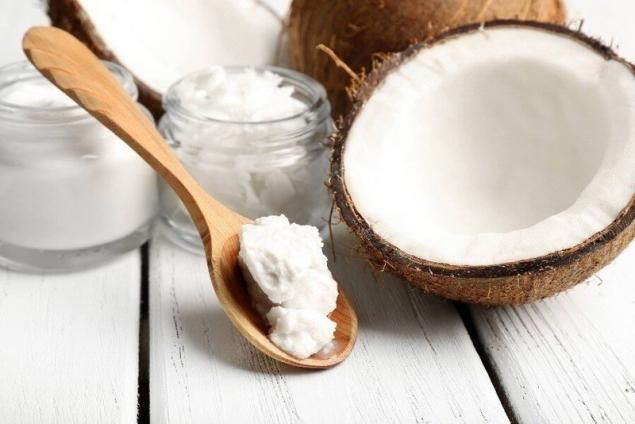
- Animal fats
Since the beginning of the twentieth century, it is believed that lard and pork fat are unhealthy substances that should be replaced by vegetable oils. In fact, frying foods in lard is much healthier than most vegetable oils. At the same time, for frying, it is still better for lard - fat melted from lard. In it, as in ghee, there are no residues of proteins and “extra” water. Nevertheless, it is very good to fry on ordinary lard, given the smoking point of 182 degrees.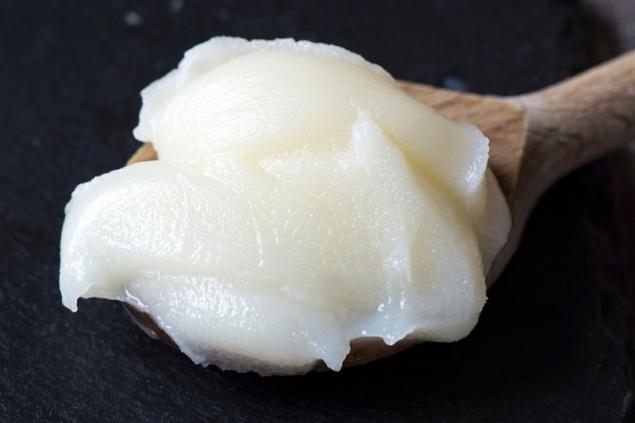
- Corn oil
It is worth noting that this oil belongs to the best varieties of vegetable. It smells delicious and tastes good, but has a relatively low burning temperature of 160 degrees. This allows you to use corn oil in a pan, but it is better to refrain from using it with meat dishes that require a high cooking temperature on a stove or in the oven.

Worst oils. for cooking are sunflower and corn, containing a lot of omega-6 fatty acids.
The best oils. For frying are olive and coconut (including refined versions of these oils), as well as ghee butter.
The news about the health risks associated with heating vegetable oils does not seem to have reached Russian science and media. At least, the Institute of Nutrition and the First Channel recommend using sunflower oil for frying.
In the structure of vegetable oil consumption by Russians, sunflower oil dominates and occupies 69.1% of the market, and in the structure of production its share is even higher - 82.9%.
It is unlikely to be expected in the near future a serious information campaign aimed at explaining the harm of vegetable oils, especially given the economic crisis that makes all alternative products too expensive for most Russians.
Saturated and monounsaturated fatty acids are quite resistant to heat. But oils with a high content of polyunsaturated fats should be avoided when frying!

- Polyunsaturated fats
The least resistant to heat. They contain two or more carbon-carbon double bonds. If consumed as part of foods such as nuts, seeds, fish and leafy greens, they are good for health. It should be remembered that with strong heating, sunflower or corn oil rich in polyunsaturated fats easily break down into toxic aldehydes. - Monounsaturated fats
They contain only one carbon-carbon double bond. These fats are found in avocados, olives, olive oil, almonds and hazelnuts, as well as in lard and goose fat. Olive oil, consisting of 76% monounsaturated fats, is a major component of the Mediterranean diet, which, as a result of research, significantly reduces the risk of heart disease. - Saturated fats
There are no double bonds between carbon molecules. Recent studies show that saturated animal fats and butter are better for cooking, particularly frying, than sunflower or corn oil.
This powerful oil will rid the body of parasites and cholesterol, strengthen the immune system. Read our article on the benefits of black cumin oil. About its healing properties said Avicenna, Hippocrates and even the prophet Mohammed!
Not me useful for the body flaxseed oil. Editorial "Site" He will tell you what its use is and for what purposes it is worth using this miraculous oil that preserves beauty and health.








